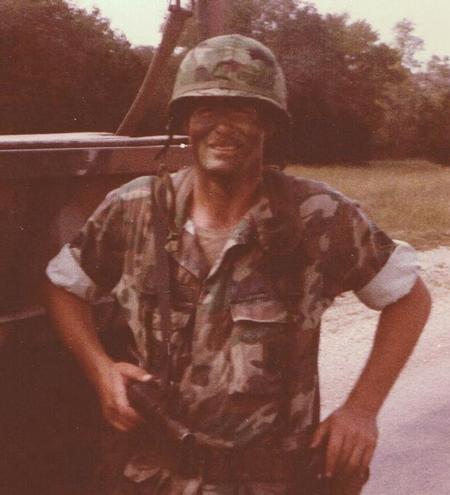ABOUT 287th Transportation Co.
- World War II Origins: The 287th Transportation Company traces its lineage back to World War II, when it was originally constituted as part of the U.S. Army’s transportation units supporting the European Theater.
- European Service: The unit played a key logistical role in the European campaigns, ensuring vital supplies and equipment reached the front lines, and was instrumental in the rapid Allied advance across Europe.
- Cold War Presence: After World War II, the 287th was stationed in Germany as part of U.S. Army Europe, providing continuous support during the tense years of the Cold War.
- Berlin Duty: The 287th gained special recognition for its assignment in West Berlin, supporting the U.S. Army Berlin Brigade and operating in a city surrounded by Soviet-controlled East Germany.
- Berlin Airlift Support: Members of the unit contributed to the Berlin Airlift (1948-1949), helping to keep the city supplied during the Soviet blockade.
- Unique Convoy Operations: The company was responsible for running highly controlled convoys along the Berlin Corridor, a narrow land route between West Germany and West Berlin, often under Soviet surveillance and restrictions.
- Operation Desert Storm: Elements of the 287th deployed in support of Operations Desert Shield and Desert Storm in the early 1990s, marking its involvement in major post-Cold War conflicts.
- Distinctive Unit Insignia: The 287th’s distinctive unit insignia features a wheel and sword, symbolizing both mobility and readiness to defend.
- Humanitarian Missions: Beyond combat operations, the 287th has participated in numerous humanitarian and peacekeeping missions, including disaster relief and support across Europe.
- Legacy and Inactivation: The unit was officially inactivated in the late 1990s as part of post-Cold War military restructuring, but its legacy and contributions to U.S. Army transportation history remain honored by veterans and historians alike.


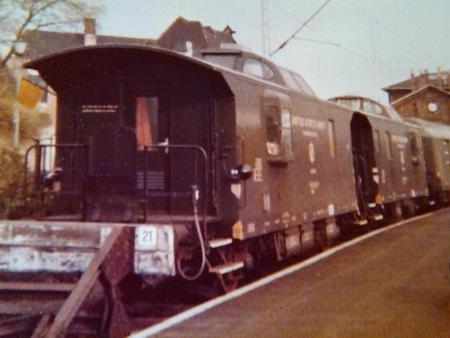
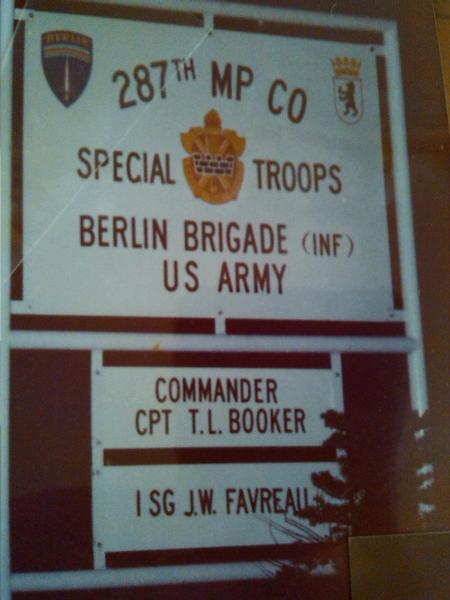
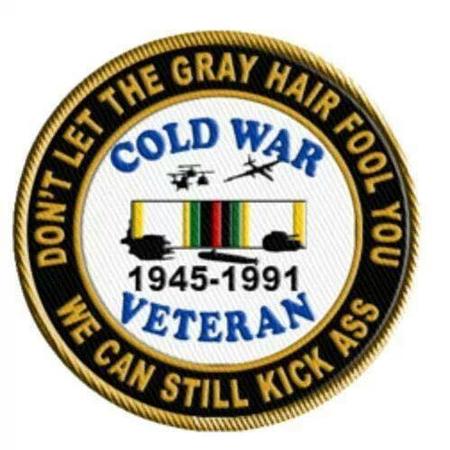
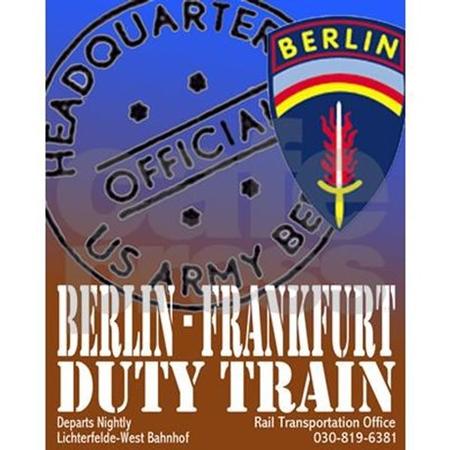
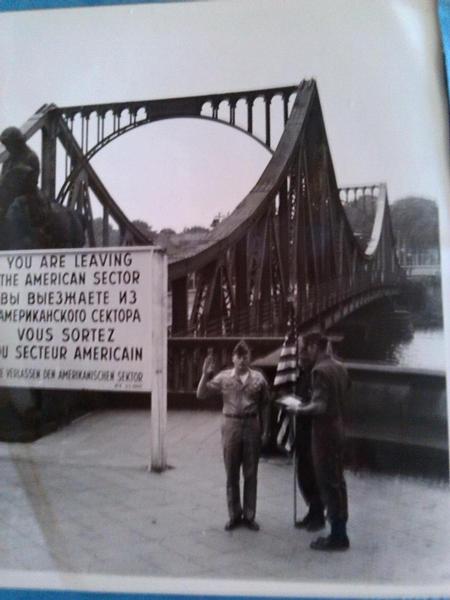
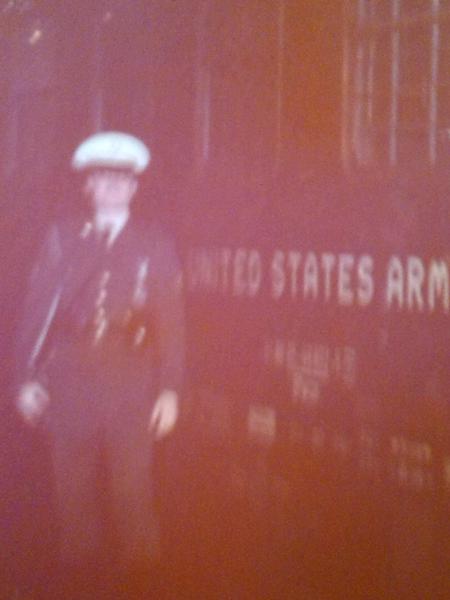
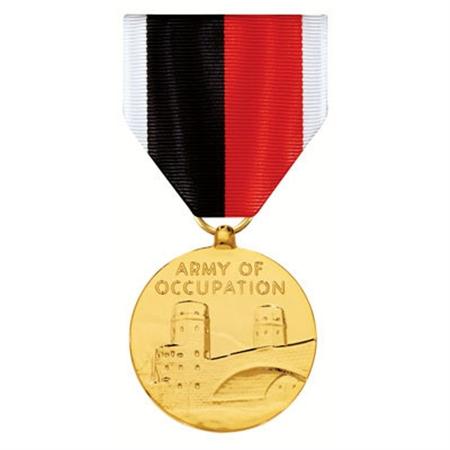

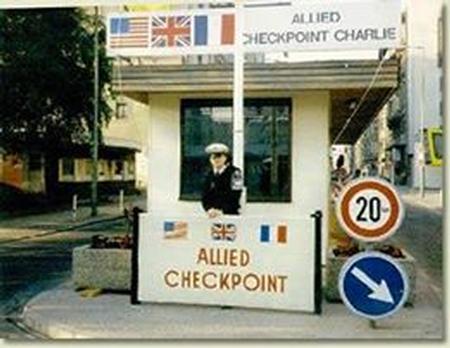
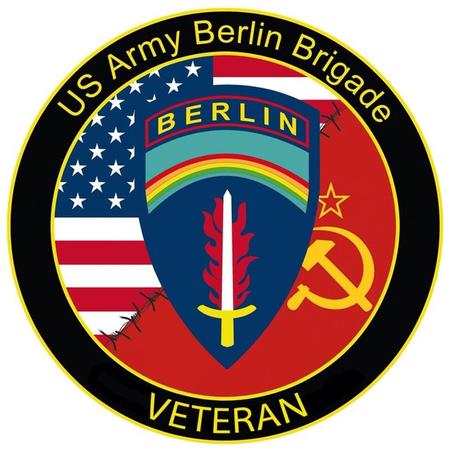
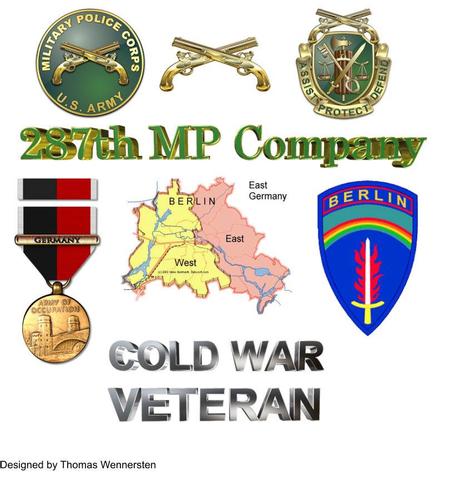
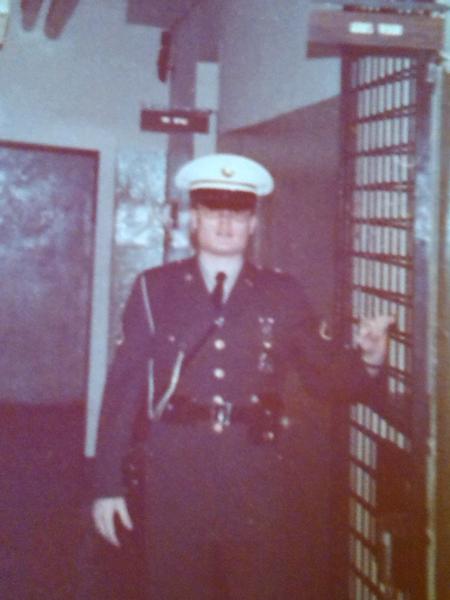
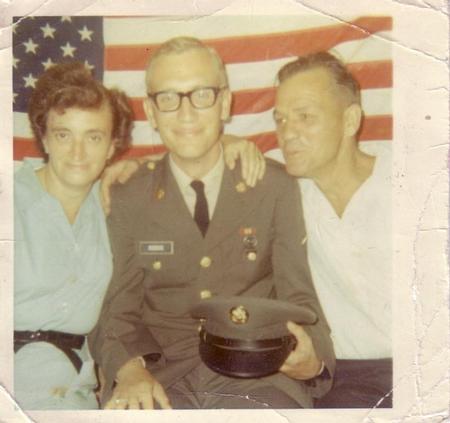
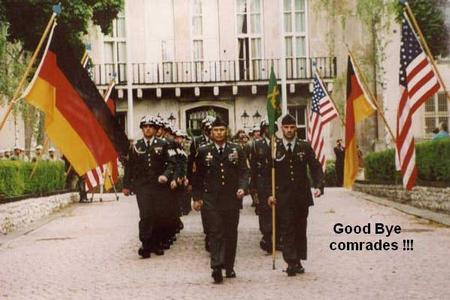
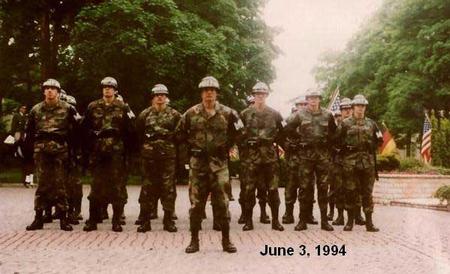
-Thurston--15356.jpg)
-Thurston--58813.jpg)
-Thurston--24159.jpg)
-Thurston--9414.jpg)
